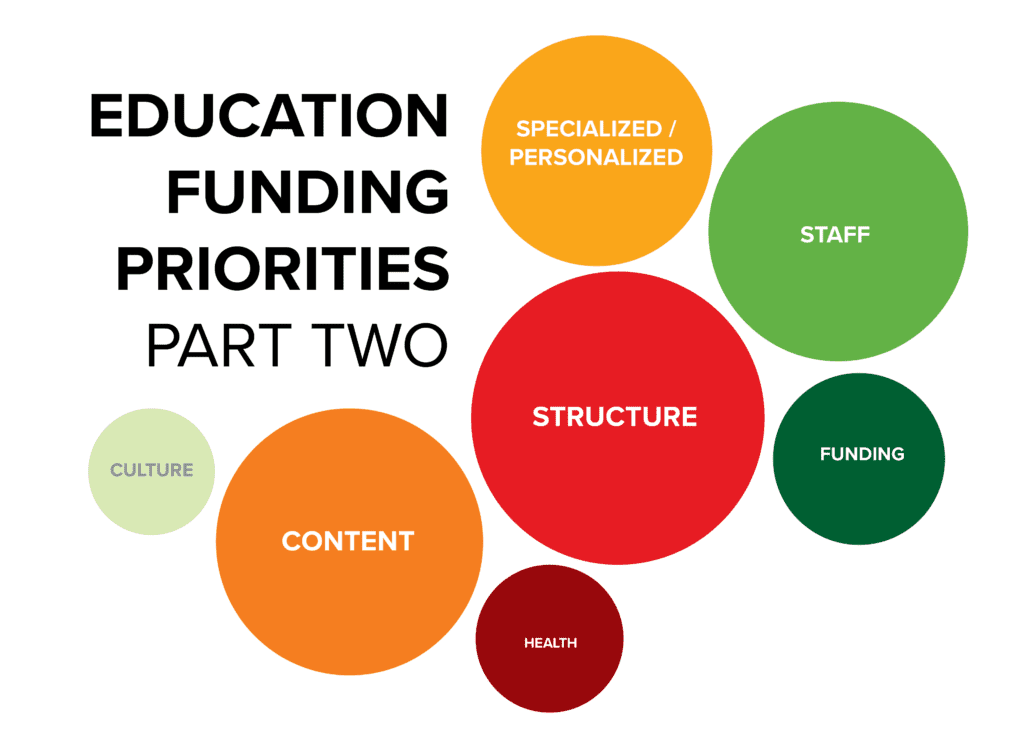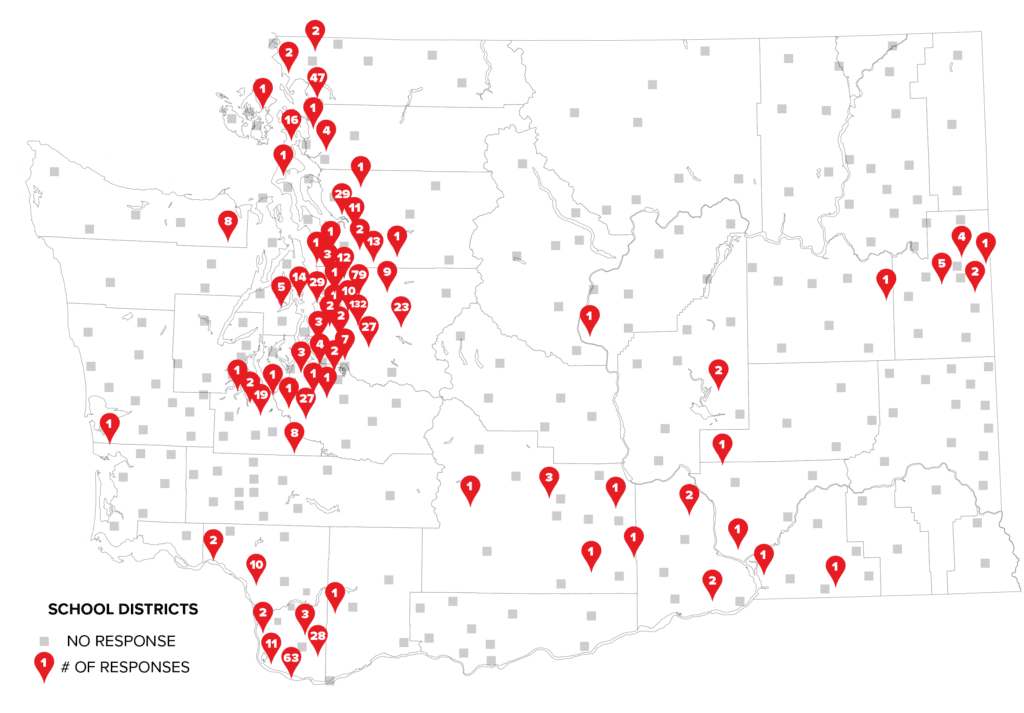By Angela Parker, League of Education Voters Policy Analyst
When an educator earns a superintendent position, they know their job description does not just put them between a rock and a hard place – they will be between a rock, a hard place, and a fire. They hold responsibility for the current education and future educational prospects of the children in their school district. Simultaneously, parents, community members, and their staff expect their leadership in translating and implementing statewide directives and policy changes. And, of course, the Office of the Superintendent of Public Instruction (OSPI) holds them accountable to agency and legislative directives and outcomes goals.
This is why most superintendents develop a refined skill set – the ability to collaborate with a wide range of community and education leaders, the passion to advocate for their students and communities on the state level, deep and broad engagement with education research, an engaging and thoughtful political persona, and long term project management and planning abilities. This is also why we knew we needed to gather as much feedback as possible from superintendents across the state, particularly on their understandings of current and emergent issues in our K-12 schools.
We sent a survey request in November 2017 to 295 superintendents in Washington; 57 (19%) returned our survey, giving these results an 80% confidence level with an 8% margin of error. Our survey over-represents districts with 500 to 4,999 students, and under-represents districts of 499 students and less. Respondents hail from all areas of the state, but disproportionately represent rural districts.
Aside from demographic details, our survey was limited to three main questions:
- How urgent are issues such as achievement/opportunity gaps, student supports, teacher supply, college readiness, etc., in your district?
- Is your district experiencing new or different educational issues?
- What should we work on in the next legislative session?
This post summarizes our broad findings from the survey, and we commit to working on these issues with superintendents and educators across Washington.
Read More

